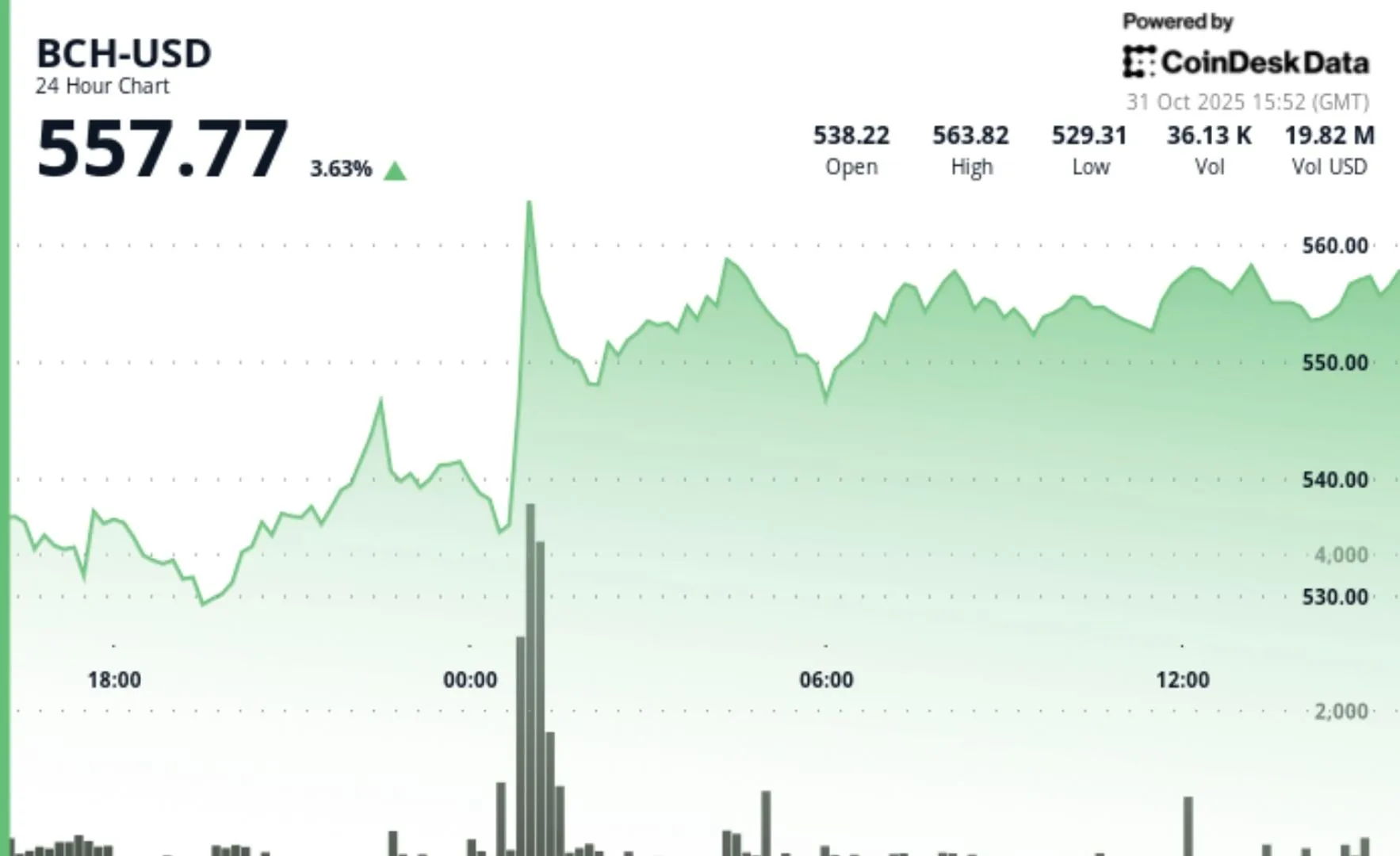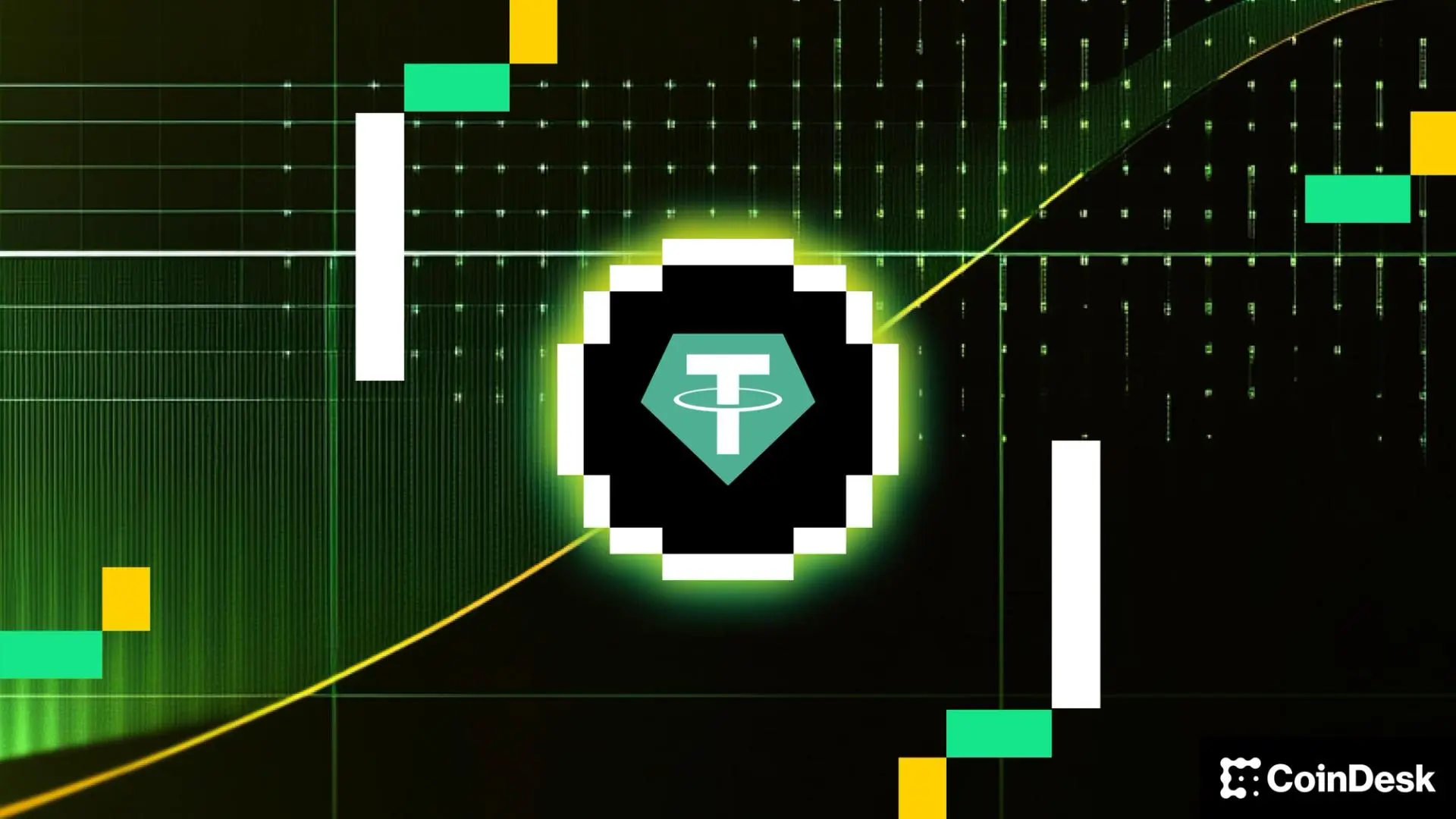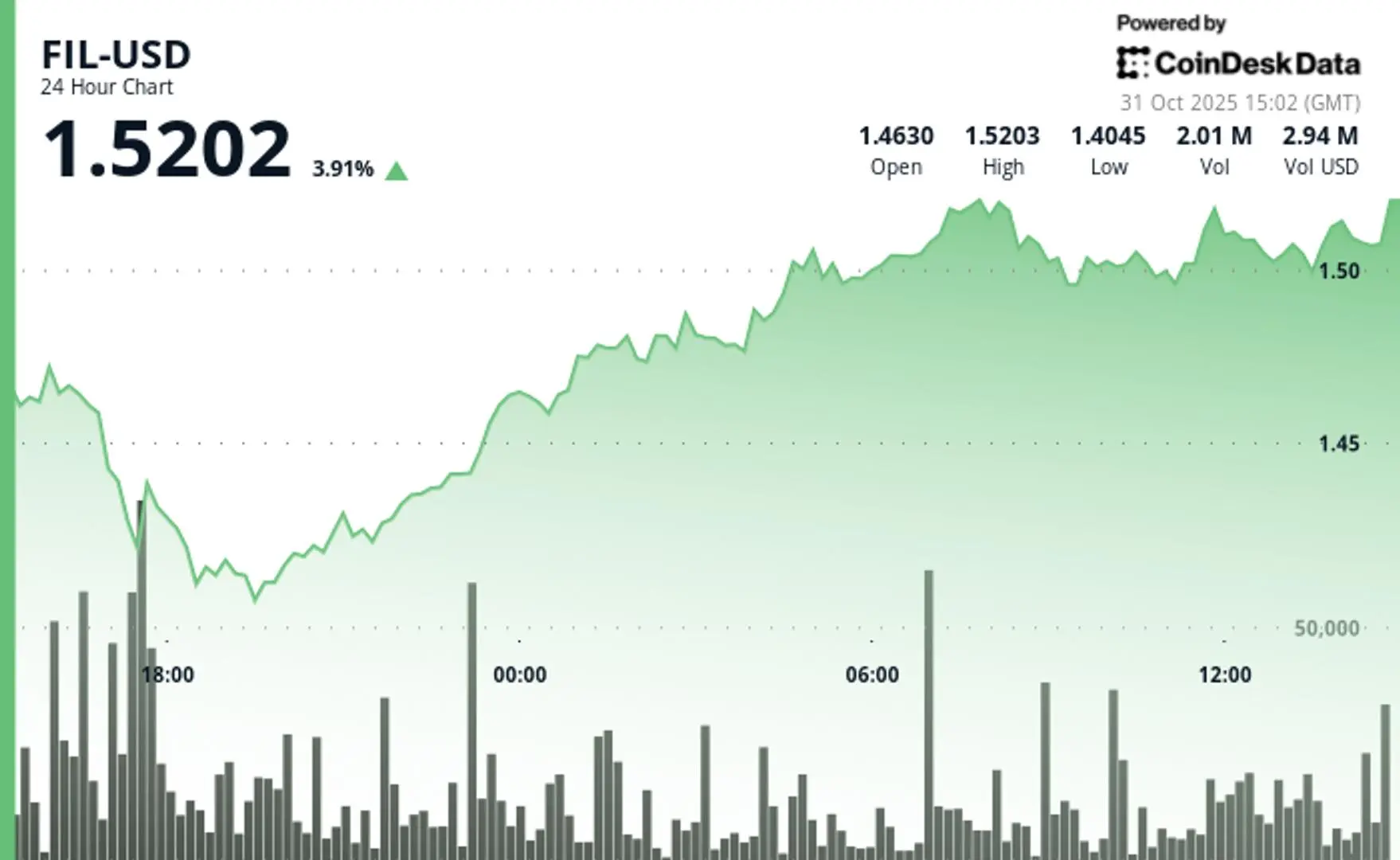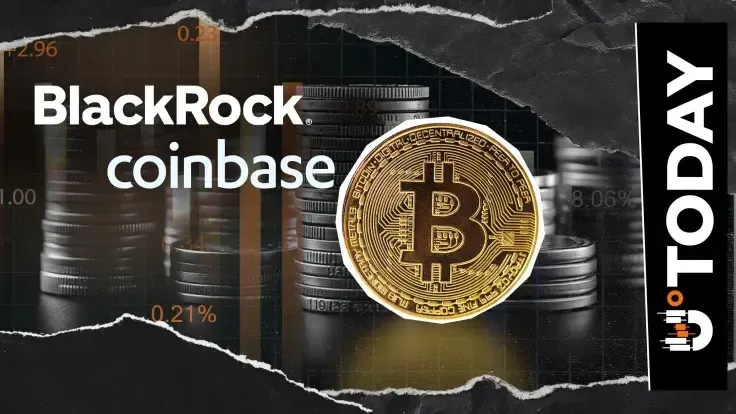The Commodity Futures Trading Commission (CFTC) may finally have a chairman, as Michael Selig, nominated by President Trump, has begun the review process.
Currently led by acting chair Caroline Pham, who has held the position since April 2025. She was nominated by President Biden in 2022 and received unanimous confirmation from the Senate.
Reports indicate that the Trump administration initially selected former CFTC commissioner Brian Quintenz, who also served on the board of the prediction market platform Kalshi. However, at the request of the Winklevoss brothers, the Trump administration withdrew his nomination in September due to concerns about his stance on cryptocurrency.
Selig has previously worked at the CFTC and the Securities and Exchange Commission (SEC) and has committed to prioritizing cryptocurrency.
Selig graduated from George Washington University Law School and began his government career in the office of former CFTC commissioner J. Christopher Giancarlo from 2014 to 2015.
After leaving the CFTC, Selig worked as an attorney at Cadwalader, Wickersham & Taft, and Perkins Coie, eventually rising to the position of legal advisor. In April 2022, he joined Willkie Farr & Gallagher and became a partner in January 2024.
In March 2025, he became the chief legal advisor to the SEC's cryptocurrency special working group and a senior advisor to the chairman.
With extensive regulatory experience, Selig has unique insights into crypto assets. He has expressed his support for cryptocurrency on the social media platform X (formerly Twitter) and confirmed his nomination. He stated, "The U.S. financial markets are entering a great golden age with a wealth of new opportunities," adding that he would "assist the president in making the U.S. the global capital of cryptocurrency."
David Sacks, head of AI and cryptocurrency at the White House, stated that Selig is "passionate about modernizing our regulatory approach to keep the U.S. competitive in the digital asset era."
Industry observers noted that Selig conducted an in-depth analysis of the SEC's lawsuit against Ripple. In 2023, he argued that XRP is "merely computer code." He referred to it as "a fungible commodity, like gold or whiskey—both of which can be sold as investment vehicles involving securities law."
He stated, "The SEC cannot justifiably claim a $2 billion fine against Ripple, just as it cannot reasonably determine that XRP is a security."
This perspective of viewing digital assets as commodities rather than securities is particularly important as Congress considers reworking cryptocurrency regulation.
The U.S. Senate is currently reviewing the Responsible Financial Innovation Act. This bill passed the House earlier this year in a more streamlined version known as the CLARITY Act, which will redefine many cryptocurrencies as commodities.
As a result, the regulatory responsibility for a large number of cryptocurrencies, including Bitcoin (BTC), will fall under the CFTC. The commission is already the primary regulator for crypto derivatives and has anti-fraud authority over the industry’s spot markets.
The bill is still under consideration, but government shutdowns and increasing bipartisan divisions have significantly hindered progress, far exceeding the September deadline originally hoped for by Senator Tim Scott.
The SEC and CFTC have also taken respective measures to coordinate their regulatory approaches to cryptocurrency. In September of this year, SEC Chairman Paul Atkins announced a roundtable with the CFTC to coordinate on cryptocurrency regulation issues, "ensuring that the SEC and CFTC work side by side to foster innovation and investment in the U.S."
Pham noted that the relationship between the two agencies has been more competitive than cooperative in recent years.
Pham pointed out that the two agencies are jointly making recommendations to the administration's digital asset market working group through the SEC's 'Project Crypto' and the CFTC's 'Crypto Sprint.' The CFTC chairman stated that inter-agency collaboration will "promote innovation, eliminate jurisdictional ambiguity, enhance market access, and empower customer and investor choice."
Former CFTC chairman Giancarlo previously told Cointelegraph that as long as the government shutdown continues, these efforts are limited in both capacity and scope. Without a full commission or even a partial commission, it is difficult for an acting chair to implement the rule-making required by the CLARITY Act.
Federal agencies are currently maintaining only minimal staffing, while Democrats and Republicans continue to argue over funding bills. Insufficient staffing not only affects the CFTC and SEC's ability to implement new regulations but also hinders the latter's review process for new cryptocurrency ETF listing applications.
With Selig's nomination, the CFTC is poised to take on an important role in regulating the cryptocurrency space. However, first, the government must reach a budget agreement, and heavyweight figures from the industry, such as the Winklevoss brothers, must also approve related decisions.
Related: Bitcoin (BTC) faces a "20%-30%" drop risk, with $1.1 billion in liquidations in the crypto market within 24 hours.
Original article: “Who is Michael Selig? Trump nominates pro-crypto lawyer to head CFTC”
免责声明:本文章仅代表作者个人观点,不代表本平台的立场和观点。本文章仅供信息分享,不构成对任何人的任何投资建议。用户与作者之间的任何争议,与本平台无关。如网页中刊载的文章或图片涉及侵权,请提供相关的权利证明和身份证明发送邮件到support@aicoin.com,本平台相关工作人员将会进行核查。




